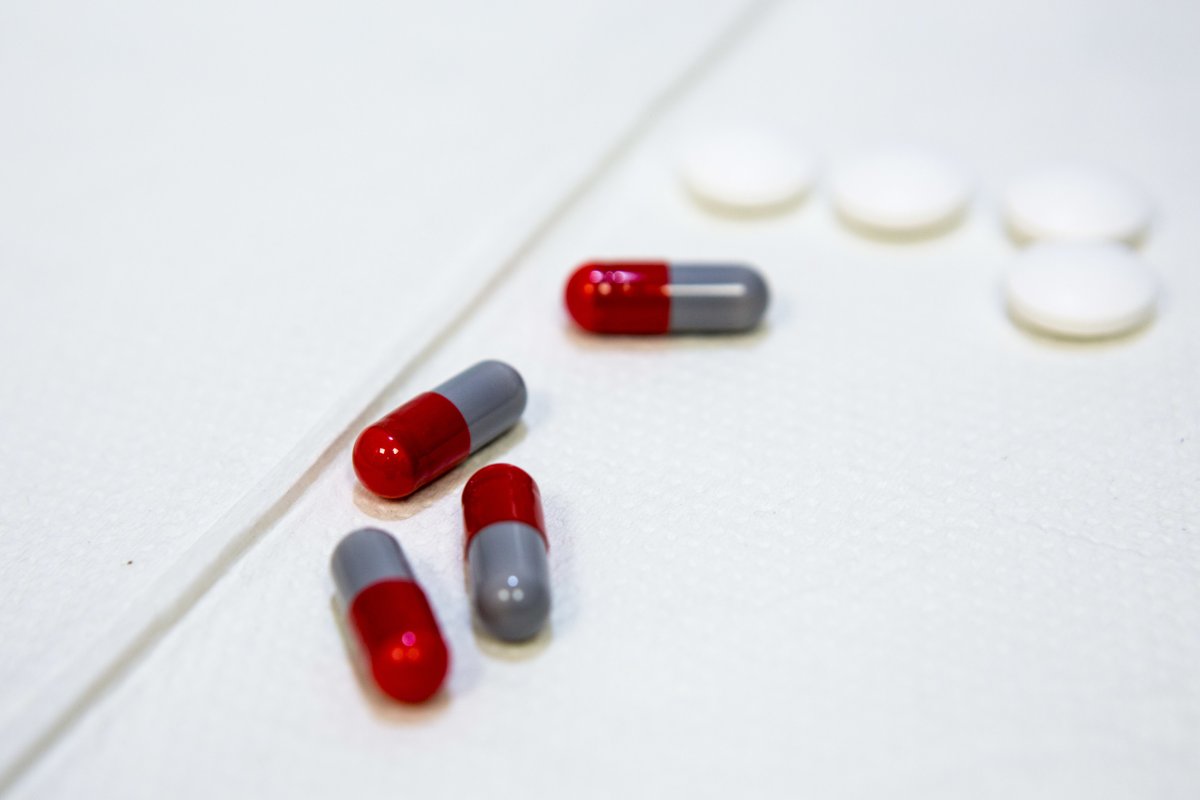Hospitals overwhelmed by respiratory illness. Doctors telling families to mask up for the holidays. Important medical supplies unavailable for purchase. No, this isn't a reposted article from 2020. America is once again in the midst of an epidemic, and once again it is unable to provide for itself.
The diseases are different this time, and there are no ridiculous economic lockdowns on the horizon, but one important lesson is the same––our reliance on foreign nations for critical goods is dangerous and unsustainable. We need to bring pharmaceutical manufacturing back to America, and every moment that we stand idle puts millions of people in jeopardy.
This fall, the spread of RSV in children and related bacterial infections prompted a run on pharmacies for the antibiotic amoxicillin. Far-flung supply chains, still backed up from the initial shock of COVID-19, have been unable to compensate for the surge in demand. The result is a national shortage of the drug––and widespread anxiety among parents of sick kids. For parents, the supposed efficiency of our global, just-in-time economy is meaningless if their children cannot get a basic medicine that's been around for 50 years.
Diseases are unpredictable, but emergency situations are not. Even before COVID, we should have known that an epidemic might occur. And we should have known that shipping the medical industry overseas would leave us helpless and vulnerable when the next epidemic comes.
It's something I've warned about for years. In a 2019 speech at the National Defense University, I acknowledged that moving drug production overseas lowered labor costs and increased corporate profits, but I pointed out that it came with a cost. It made us dependent on Communist China, our greatest geopolitical adversary, for essential goods.

"How secure or prosperous can America be if we cannot carry out heavy industry, pharmaceutical manufacturing, or advanced technology?" I asked. "What happens when an industry is critical to our national interest, yet the market determines it is more efficient for China to dominate it?"
The following year, we found out. In the early months of COVID, global supply chains were backed up by delays and just-in-time inventory failures, and Beijing hoarded medical supplies to protect first responders and health care professionals, even threatening to withhold life-saving drugs from the U.S. Without the ability to produce its own supplies, America suffered.
Today's situation is eerily similar. American antibiotics used to be made in the U.S. But by 2019, 80% of the medical industry's active pharmaceutical ingredients (APIs) for drugs like amoxicillin came from overseas––and a majority were potentially traceable to China. Now, when amoxicillin is needed the most, it's nowhere to be found. It should be clear that offshoring no longer works for the American people. We're long overdue for a change in approach.
I reintroduced my Medical Manufacturing, Economic Development, and Sustainability (MMEDS) Act in 2020 to bring that change about. This bill would use financial incentives to encourage the relocation of medical and pharmaceutical production to the U.S. It may not have helped us during the pandemic, but it would have prepared us for the next viral outbreak.
Passing the MMEDS Act should have been common sense. But instead of becoming law, the bill has languished. And now, as RSV sweeps across the country, recent history is repeating itself. It's been almost three years since COVID first reached our shores––our leaders no longer have the excuse of inexperience with medical emergencies.
If Congress does not act to restore America's medical and pharmaceutical industries, it will show something worse than shortsightedness. It will show a willful negligence of potentially deadly proportions.
Marco Rubio, a Republican, is the senior U.S. senator from Florida.
The views expressed in this article are the writer's own.
Uncommon Knowledge
Newsweek is committed to challenging conventional wisdom and finding connections in the search for common ground.
Newsweek is committed to challenging conventional wisdom and finding connections in the search for common ground.





